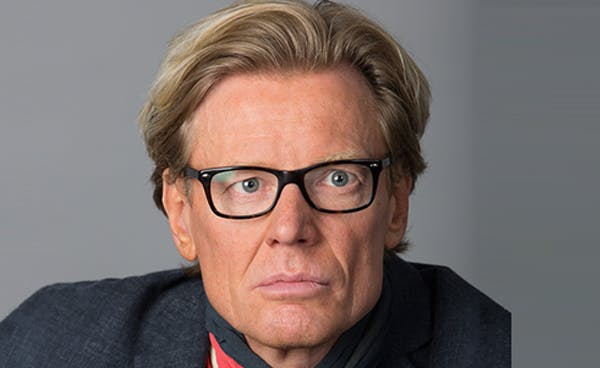‘The increase in demand for medicines as a result of COVID-19 is extraordinary’
2020-06-17
Three quick questions to Bengt Mattson, expert in the supply of medicines at Lif (the trade association for the research-based pharmaceutical industry), about Sweden’s supply and stocks of medicines.

How good is Sweden’s current supply of medicines?
Normally, the [pharmaceutical] companies’ stocks cover the healthcare sector’s demand for medicines. The news we sometimes see about medicines on back order does not mean there is an actual lack of medication for a patient. In the vast majority of cases, an equivalent medicine is available within the same group of substitute medicines or in a different pack size or strength.
As a result of COVID-19, the increase in demand for individual medicines, both in Sweden and in large parts of the world, has been extraordinary. With demand increasing by several hundred per cent stocks are quickly being depleted, and it is difficult to replenish them when there is high demand in many countries.
Sweden no longer has any medicine stockpiles. How can we ensure from now on a good supply of medicines in the event of a crisis?
After the phasing out of the stockpiles during the 1990s, Sweden’s medicine stockpiles now comprise those of the [pharmaceutical] companies and the pharmacies, in total approximately 4 to 5 months’ normal consumption. The healthcare sector’s stockpile levels vary. During times of increased stockpiling, it needs to be ensured that the products are saleable. We therefore feel that as far as possible it should be managed within the framework of the existing system. Increased preparedness costs money too, and I presume that a long-term, sustainable funding model is an important question for the government commission currently looking into the healthcare sector’s preparedness.
Today, many medicines and substances are produced in China and India. What is required to increase Swedish and EU production?
China and India primarily produce older generic, low-margin medicines, whereas Europe and North America produce much of the newer innovative, patented products. Increasing Swedish and EU production requires a progressive industrial policy that makes it attractive to invest in further production capacity. However, you should not put all your eggs in one basket. Rather than geographic proximity, it is, above all, the redundancy in the systems, for example alternative suppliers of an active pharmaceutical substance, excipients or packaging material, that ensures the supply of medicines.
Bengt Mattson was interviewed by Maria Eklöf, senior consultant and associate partner at New Republic. ‘Three Quick Questions…’ is a series of interviews conducted by New Republic.